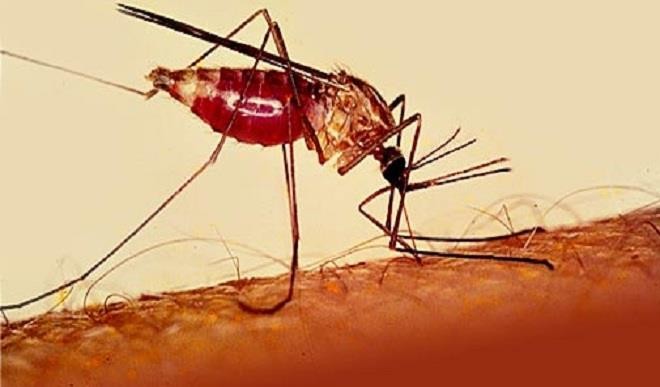About 191 million Nigerians are currently at risk of malaria, the National Malaria Elimination Program (NMEP) of the Federal Ministry of Health has revealed.
National coordinator of the programme, Audu Bala Mohammed, revealed this while briefing newsmen in Abuja on Monday.
He said the rising number of malaria cases in 2017 is of great concern after it declined steadily from 60 million in 2013 to 53.7 million in 2017.
“Based on the 2018 World Malaria Report by the World Health Organisation (WHO), estimated number of malaria cases has risen from 52.4 million in 2016 to 53.7 million in 2017,” he said.
He said Nigeria has to redouble efforts to make an appreciable impact in the malaria landscape, adding that environmental management seeks to reduce the abundance of all mosquitoes as well as targeted malaria vector species.

Head, Integrated Vector Management Branch of the National Malaria Elimination Program (NMEP), Okoko Okefu, said maintaining clean, and healthy environments is important in tackling the disease.
“A key principle of environmental management is the need for individuals to maintain environmental sanitation in and around places they live and work,” he said.
Okefu said malaria is still an important public health issue in Nigeria, “ The 2015 Nigeria Malaria Indicator Survey indicates 27% prevalence . Malaria prevalence was highest in the Northwest with 37% and lowest in the South East with17%. Of those who sought treatment for fever, 57% went to the private sector, 35% to public sector and 9% went to others like traditional healers. Malaria accounts for 30% childhood mortality and 11% maternal mortality. N480 billion is lost annually due to malaria absenteeism and treatment costs,” he added.

 Join Daily Trust WhatsApp Community For Quick Access To News and Happenings Around You.
Join Daily Trust WhatsApp Community For Quick Access To News and Happenings Around You.


